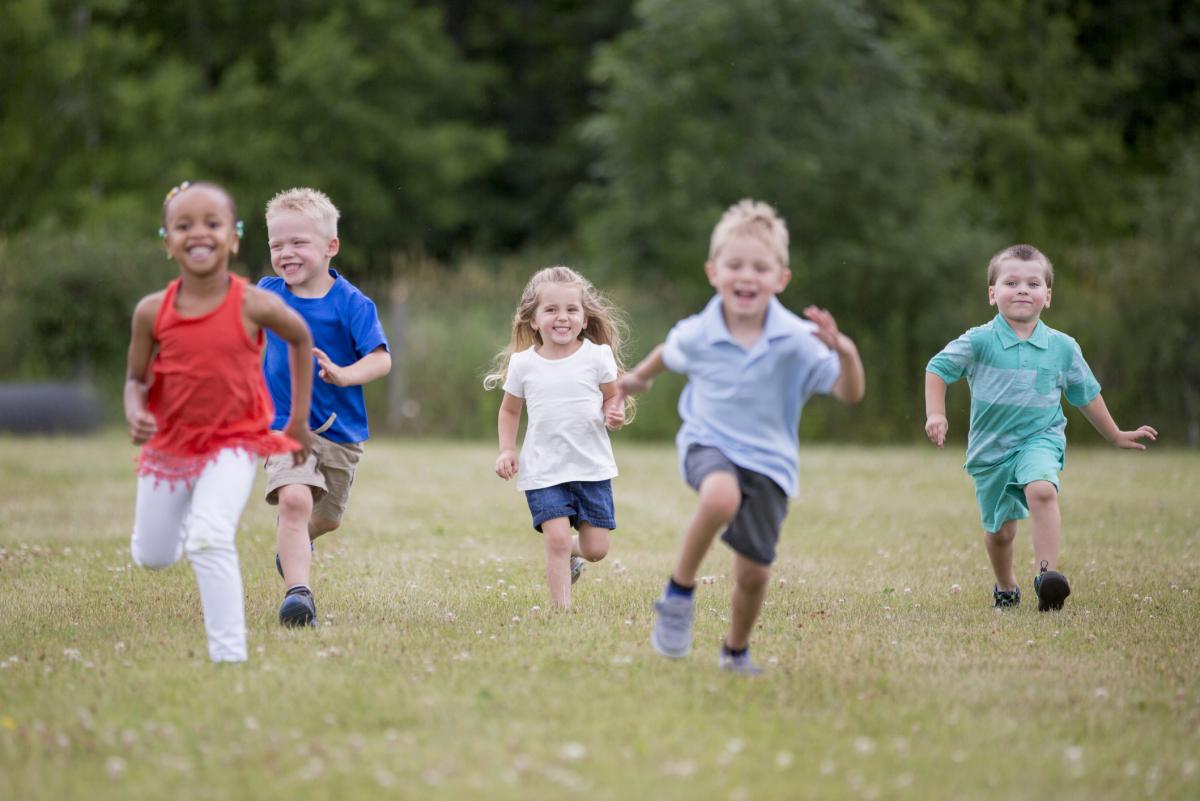

DCU Research finds teachers made play central to education during restrictions
Teachers demonstrated deep awareness regarding the importance of play in supporting children in the classroom during the pandemic. These were the findings of a study by Dr. Sinéad McNally and Christina O’Keeffe from Dublin City University’s Institute of Education.
The aim of the research was to contribute to the significant knowledge gap in the research literature around play in the early childhood classroom during the pandemic.
It follows on from research conducted last year that found that over 40% of teachers were concerned about how play and play based lessons will be affected by restrictions.
This study connected with teachers upon the reopening of schools, and interviewed early childhood teachers in late 2020 in an effort to gather rich data on teachers’ understanding of, and practice surrounding play, during the pandemic in the classroom.
Dr Sinéad McNally, Assistant Professor in the Psychology of Early Childhood said
“This is the first study to investigate teachers’ experiences of using play in the classroom during the pandemic. We know that schools are at the frontline in supporting children and it is very positive to see a commitment to play, in spite of increased complexities and demands in organising the classroom environment.
It is important that play continues to form a central part of the conversation as we focus on how best to support children as they return to school.
We know from previous studies that play is one of the best ways in which we can support children during times of uncertainty by helping to reduce stress and build resilience. At a time when many parents and teachers may be concerned about a loss of learning due to school closures, play needs to remain at the forefront of schooling to support children’s wellbeing and development.”
Christina O’Keeffe, PhD research scholar in the field of Autism at DCU’s School of Inclusive and Special Education said
“Overall, this research highlights the central role of play within early childhood classrooms during the pandemic.
It is particularly striking to see that the quality of play remained largely unchanged in light of restrictions despite previous concerns raised by teachers in Ireland from a large teacher survey conducted during the pandemic and in anticipation of school reopening.
It is really reassuring to see that teachers demonstrated a deep awareness of the importance of play for young children during such unprecedented times in supporting children’s social and emotional wellbeing, providing a sense of fun and enjoyment as well as a vital sense of familiarity and routine.”
Themes
Four themes emerged regarding teachers’ practices surrounding play in the early childhood classroom.
- Play had similar characteristics as before the pandemic
- Teachers had to plan for play more than before
- COVID-specific health and safety regulations were incorporated into play pedagogies (methods of teaching)
- Teachers were prioritising play in early childhood classrooms
Teachers interviewed
Twelve early childhood primary school teachers (those currently teaching children aged 3-8 years) across the Republic of Ireland participated in online focus groups in late 2020 following the reopening of schools.
Among the comments from the teachers interviewed were:
Ailish, Special Education Teacher, 4-6 years (speaking in relation to Prioritisation of Play)
“I think it's quite remarkable that play can almost make you forget about the pandemic, I know there's the sanitising and the washing and the rotating and social distancing and everything but when we see our children at play, and it's so normal for them […] You kind of forget that we're in a second lockdown”
Nora, Mainstream Class Teacher, 4-6 years (speaking in relation to Prioritisation of Play)
“I don't know, I don't think the kids could survive without it, but I certainly couldn't survive without it.
Geraldine, Mainstream Class Teacher, 4-6 years, (speaking in relation to play as embodying similar characteristics pre-COVID)
"In play, children are ‘all still learning, they’re all still engaged and they’re all still having a goal”
